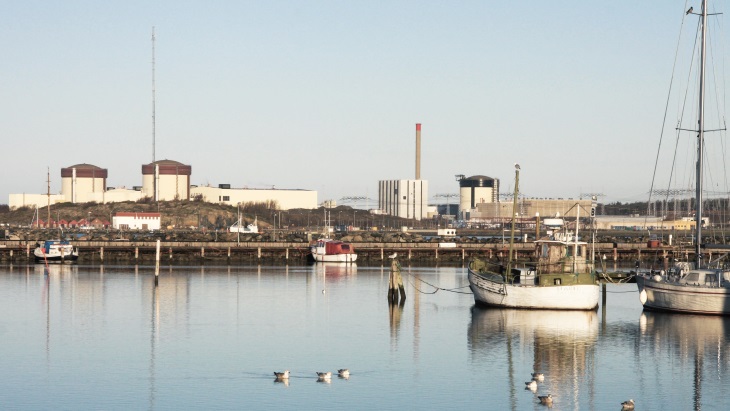The Christian Democrats, the Liberals, the Moderates and the Sweden Democrats released their written agreement on policies - referred to as the Tidö Agreement - on 14 October. The four parties together have a narrow parliamentary majority after elections on 11 September. Ulf Kristersson will formally take office as prime minister on 18 October. The far-right Sweden Democrats will not be part of the coalition, but the government will need its support to achieve a parliamentary majority for its policies.
With regards to energy, the Tidö Agreement says the energy policy goal is "changed from 100% renewable to 100% fossil-free". It says the partners "will devise and implement political reforms to secure the energy supply and achieve an effective climate transition ... technology neutrality is restored".
The parties said the conditions for investments in nuclear power must be strengthened. The new government will provide special credit guarantees totalling SEK400 billion (USD35.7 billion), "with more generous terms than today's system". It added: "The boundaries in today's system of green credit guarantees need to be reviewed so that the credit guarantees can also be used for new construction of nuclear power".
The policy document says that new rules must be introduced which prevent politics from arbitrarily shutting down nuclear power plants. "Nuclear power must be guaranteed the right to operate and produce electricity as long as the facilities are in good condition and operated safely," it says. "If the state forces a closure, owners must be entitled to compensation".
Sweden's ban on restarting closed reactors must be removed, the agreement says. It calls for a thorough investigation of what would be required to restart Ringhals 1 and 2 to be carried out "unconditionally and quickly".
The parties also call for the removal of prohibitions in the Environmental Code to allow new reactors in other locations than today and to have more than ten reactors in operation at the same time.
"Vattenfall should immediately start planning new nuclear power at Ringhals and other suitable locations," the Tidö Agreement states.
The agreement says necessary regulations should be developed to create the conditions for the construction and operation of small modular reactors (SMR) in Sweden. In addition, the permitting process for nuclear power plants must be shortened. The government intends to introduce a new rule in the Environmental Code, which means that only one authority may be a party to a permit matter. The designated authority will be responsible for coordination with any other authorities with an interest in the matter. A special rule in the Environmental Code will also be introduced which means that permit matters relating to new nuclear power must be treated with high priority. The Radiation Safety Authority has been assigned the task of proposing how the permit process for new nuclear power can also be shortened considerably.
Sweden's six nuclear power reactors provide about 40% of its electricity. In 1980, the government decided to phase out nuclear power, but in June 2010 parliament voted to repeal this policy. The country's 1997 energy policy allowed ten reactors to operate longer than envisaged by the 1980 phase-out policy, but also resulted in the premature closure of the two-unit Barsebäck plant. In 2015, decisions were made to close four older reactors by 2020.
Ringhals 1 and 2 were closed at the end of 2020 and 2019, respectively - several years earlier than planned due to the economic impact of punitive taxes. When it announced its intention to close the plants, in October 2015, Vattenfall said: "Market conditions and the impact of the high output tax have prompted us to limit investments in Ringhals 1 and 2."
In June this year, Vattenfall announced it was initiating a pilot study to assess the conditions for proceeding with a decision to build at least two SMRs adjacent to the Ringhals plant. The study is expected to be completed by around late-2023 or early-2024.







_55401.png)
_23009.jpg)






